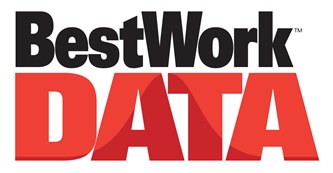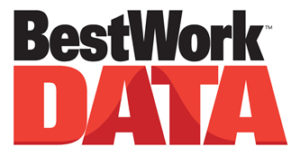Some Observations on Job Descriptions

by: Chuck Russell, Chairman & Chief Knowledge Officer, BestWork DATA
Some Observations on Job Descriptions
What is the purpose of a job description? It is to describe the job in such a way as to identify candidates that can successfully perform that job. Yet rarely have I seen a job description that does that. Instead, I see wish lists for various versions of Wonder Woman and Superman that go far beyond a reasonable description of anyone who has ever had the job in question. The real problem is that the descriptions are not effective in selecting candidates for these reasons.
The quality named is not measurable. It depends on the subjective evaluation of the candidate’s performance in an interview or anecdotes from a third party. Examples: strong work ethic, an ardent learner, level-headed, roll with the punches, dedicated, personal identification with company values. These are clearly desirable qualities, but if the focus is on them, it is easy to miss far more identifiable factors.
Experience requirements are Yes/No. When a recruiter is dealing with hundreds of candidates, Yes/No requirements simplify the process. Candidates can be screened out quickly if they lack that requirement. But…is the requirement truly connected to job performance? I have seen many technical job descriptions requiring 10 years of experience when the technology in the job had only existed for 2 years. Simple time spans tell nothing about what happened during those years of
experience. Was it 10 years of continually improving skills or 1 year repeated 10 times? I have seen requirements for degrees that were unnecessary for the job in question. Baseball teams all want proven Hall of Famers with a strong track record, but they are more interested in discovering a rookie with talent that wants to prove their worth.
Every factor is mixed together. There are three sets of information that are essential for understanding potential job performance.
- Behavioral Strengths – the person’s hard-wired personality traits & cognitive abilities that effectively do not change with training, coaching or management
- Skills, Education & Experience – Skills can be learned; education acquired; and experience
- Values, Interests, Motivation – can be developed, enhanced, and encouraged
The first of these is critical because they cannot be changed. The finest skills, extensive knowledge, and solid values can do little without the job behaviors to deliver them. Highly motivated people in the wrong jobs just make mistakes faster.
“This is questionable, but the interview was great! …didn’t like this, but that could be a plus.” Unfortunately, all factors are not equally important. Some behaviors are critical for success in a particular job, while others are important but not critical. Brilliant, enthusiastic, outgoing sales candidates are promising but if they cannot close sales, those factors do not matter. They are simply misleading. Identifying the critical factors for each job is the first step in avoiding bad hires. BestWork DATA can assist with that and the critical job behaviors for hundreds of jobs are already available.
*******
About the author: Chuck Russell is a thought leader in applying behavioral data to business, educational and social challenges. For over 25 years, he has worked with companies of all kinds to optimize their talent acquisition and talent management practices with behavioral data. He has used that experience to design hundreds of applications enabling anyone to use information that previously required expert interpretation or specialized training. He is an international speaker on behavioral data analytics. His most recent book is No Bad Hires, Bad Hires Are Now Optional. He has read far too many job descriptions.

